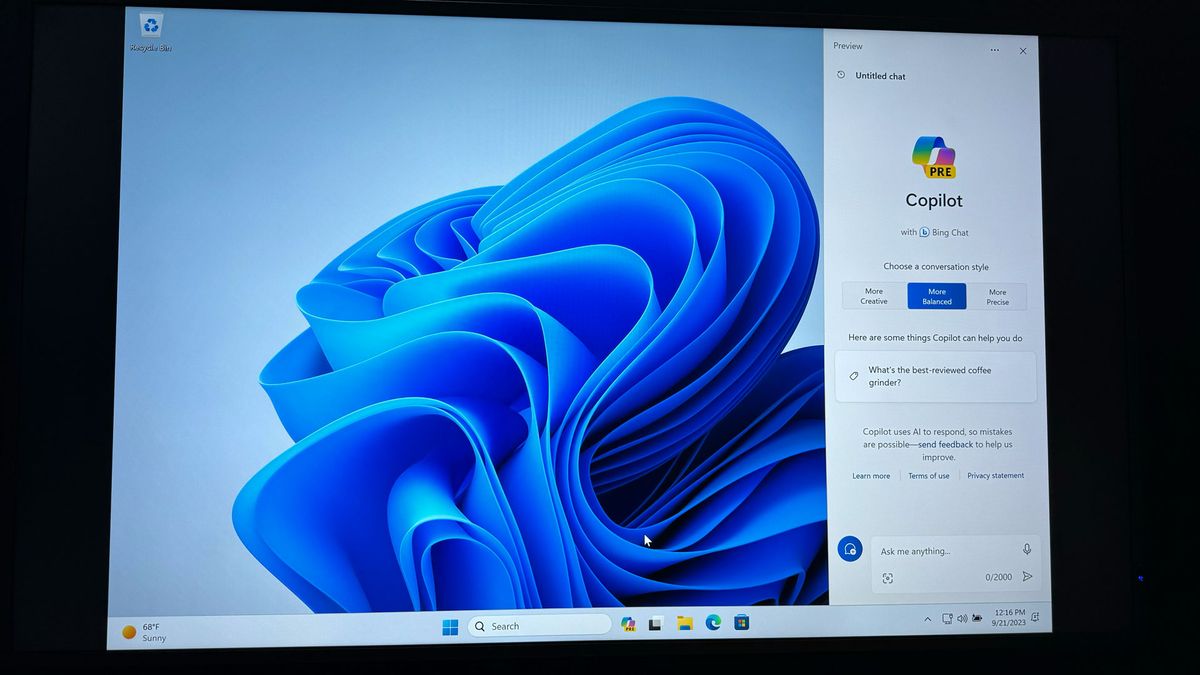[ad_1]

Since its launch, Windows 11 has been plagued by compatibility issues due to its high-spec demands that excluded plenty of PCs. But now even more will be left in the cold thanks to a new update.
The upcoming version 24H2 update, which has been rumored to launch in September 2024, will no longer boot on computers that use very old processors; specifically, the kind that doesn’t support the POPCNT (population count) instruction, according to Twitter/X user Bob Pony.
Many of the system files will require the POPCNT CPU instruction from the Windows 11 kernel to the USB XHCI drivers, the tweet states, meaning that any processors without it cannot run the operating system.
POPCNT was made standard in CPUs in the mid-2000s starting from AMD’s Barcelona architecture, followed by Intel’s first-gen Core i-series processors. This means that PCs manufactured in the past 15 years shouldn’t be affected by this new Windows 11 requirement. It also shouldn’t affect modern PCs unsupported by the OS, so those who’ve managed to find a workaround would still be able to run Windows post-update.
Windows 11 support could be the better option
As user-unfriendly as this new update will be for those running PCs with old processors, it makes sense from Microsoft’s viewpoint to force users to run Windows 11 on newer machines. The 24H2 update will be ushering in some massive changes that will heavily focus on next-gen AI experiences, as well as various performance and security updates and new features.
In order to ensure that all these new features actually work as planned with the OS, the tech giant needs to make sure that spec requirements are up to snuff to run them – especially as it expands Microsoft Copilot support, since that’s supposed to enhance the Windows interface and boost productivity in terms of apps, search, and more.
And as off-putting as the growing emphasis on Copilot and other AI features and tools can be, at least Microsoft is only focusing on updating Windows 11 and doesn’t seem to be switching to a whole new OS, Windows 12. While tempting, such a move could fracture an already heavily divided user base that overwhelmingly still supports Windows 10.
You might also like
[ad_2]



